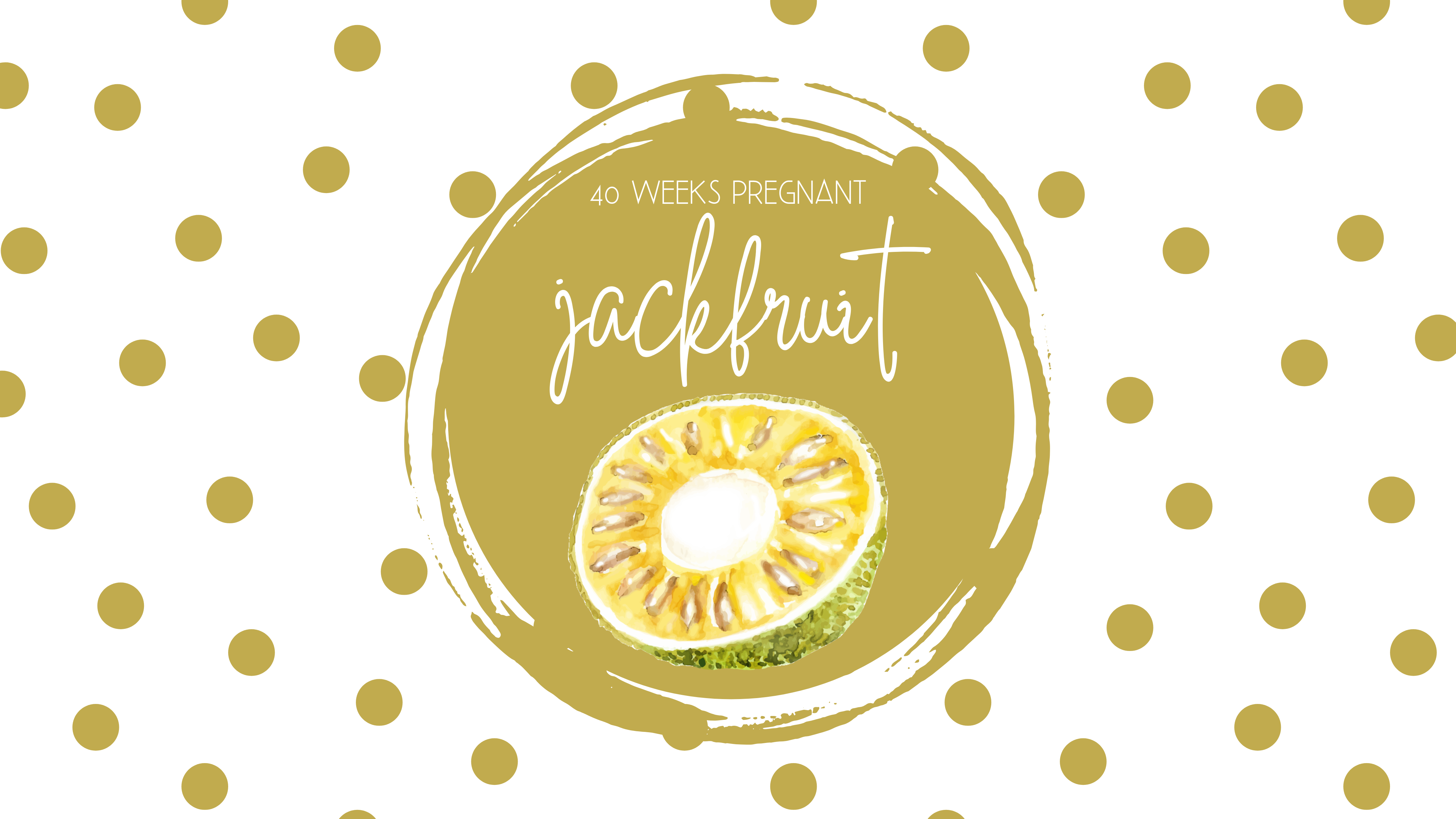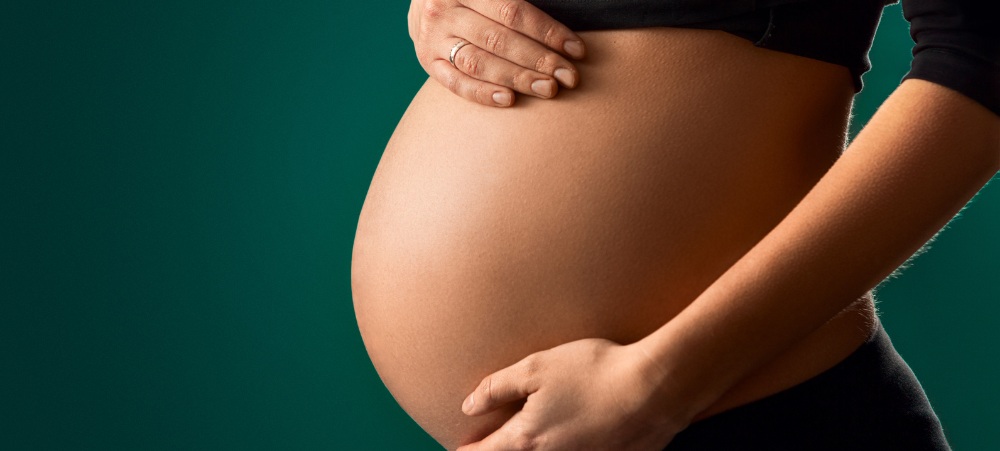Congratulations, you’ve reached the milestone that you’ve been counting up to from the beginning. It may feel surreal to think that 40 weeks ago you had your last period and now you’re about to welcome your new baby into your life. The third trimester of your pregnancy may have been fairly difficult, as your baby and belly take up more room, and your body adjusts to accommodate your growing little one.

Your body at week 40
At week 40 your body is ready to give birth after housing and growing your baby for 9 months. So close to birth you may notice changes in your baby’s fetal movement, however, they will still be moving around, so if you notice a big decrease in movement, contact your doctor. Until birth, you’ll experience typical pregnancy symptoms, including leg cramps, back and pelvic pain, trouble sleeping and diarrhoea, which is normal close to birth.
Your baby at week 40
At week 40 your baby is now full-term. When your baby is born you’ll notice that they are covered in a mixture of blood, vernix and amniotic fluid. On average, baby’s at week 40 weigh about 3,5 kg and they’ll be roughly the size of a pumpkin. Even though they are just about to be born, the lungs, liver and brain are still developing.
Things to keep in mind at week 40
Labour can be overwhelming, and it’s important to remember that you can do this. While your doctor will have given you a due date, it is possible that your baby won’t arrive on the dot. So make sure that you keep aware of the signs of labour and have your birth plan, hospital bags and any additional plans ready (such as making sure you have someone to look after your other kids if you have).
For 2025 we have a renewed Female Health Programme:In collaboration with CareWorks, it’s accessible to all female members aged 18 and above, with an emphasis on preventative care and early detection of female-specific health issues. In addition, we have an enhanced Maternity Programme to support expecting mothers. This includes early identification of and weekly engagement for high-risk pregnancies, post-childbirth care and associated mental health follow-up calls for new mums, given the prevalence of pre and postnatal depression. Also, milestone reminders for children under 3 and cover for antenatal vitamins through savings, day-to-day benefits or the Benefit Booster
Bonitas Medical Fund
0860 002 108
View Website: www.bonitas.co.za
- Putting together your birth plan - December 23, 2025
- Breastfeeding tips - December 15, 2025
- Mental health matters during the festive season: Let’s normalise getting help - December 11, 2025





